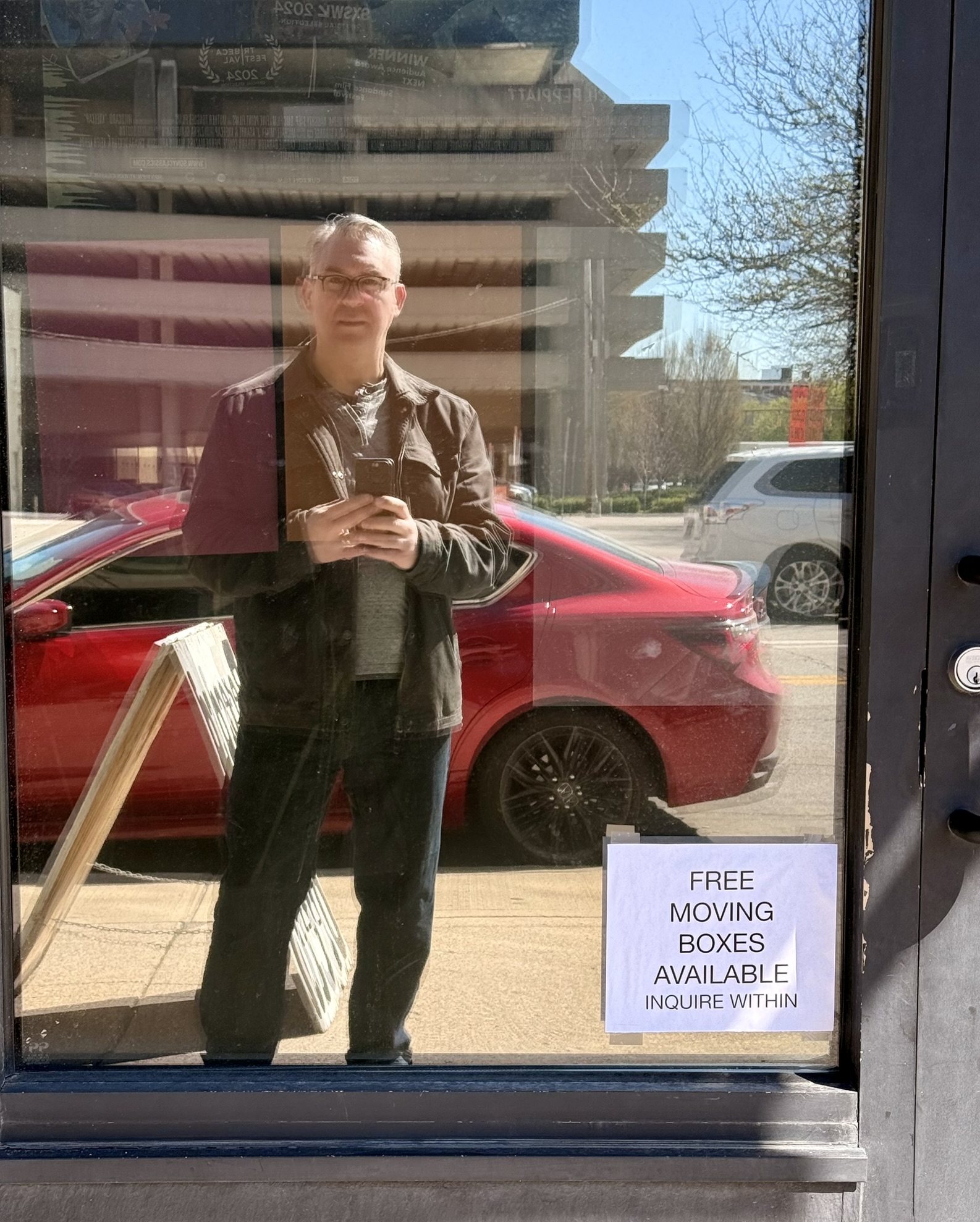I am reasonably certain that October is my favorite month of the year; always has been. Fall is where I’m most comfortable, where I stop being gross and sweaty from the heat but not yet requiring me to cover myself in thirty layers lest I freeze to death. Fall is the prettiest season, the most flavorful, the most colorful.
It’s also the season of Trick or Treat and Halloween, which might have something to do with it too. I lived in the middle of nowhere for most of my adolescence; we had Trick or Treat, sure, but it’s not as much fun when your road is a mile and a half long and there’s only about ten houses on it. I always wanted to get dressed up in a costume and go running around with my friends. I still do, and even today I get excited when my friends start to suggest that they’re thinking about costume parties (it never happens; I’m resigned to that fact.)
But Halloween! The thrill of being scared, of that something in the dark that you can’t see but know is there, something huge and monstrous and Not Normal. There’s nothing like it.
So as I’ve gotten older I’ve found that I spend a lot of the month leading up to Halloween getting myself in the right mindset. Some people listen to Christmas carols in the weeks ahead of the winter holidays; I spend the month of October listening to gloomy playlists I’ve made and feeling bad about everything. I guess I would’ve made an excellent goth kid.
Here, here’s the most recent playlist. A little more than an hour of music to set the mood — some kitsch, some classics, some genuinely unsettling stuff, all to remind you about crunchy leaves, spooky fogs, setting suns, and kids in costumes. Happy Halloween season!
